Saskia Lettmaier explores what is arguably the greatest transformation to have occurred within the Western law of marriage in the last five hundred years: the shift from a unified marital order, legislated and adjudicated by a universal church and influenced by theological principles, to a non-unified marital order, legislated and adjudicated by separate and sovereign states and influenced by secular principles. These principles included the idea that it is best for everyone concerned that a marriage that has been emotionally outgrown by at least one partner should be freely dissoluble. She analyzes how and why this shift occurred, and why it occurred differently in different territories. Through the lens of the experiences of England and Protestant Germany (with a focus on Prussia), she explains not only the legal changes themselves, but also how and why the different nations developed specific approaches to marriage law.
Bitte wählen Sie Ihr Anliegen aus.
Rechnungen
Retourenschein anfordern
Bestellstatus
Storno

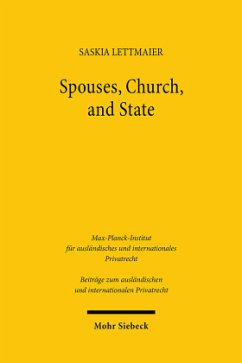
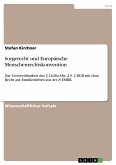
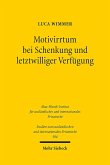
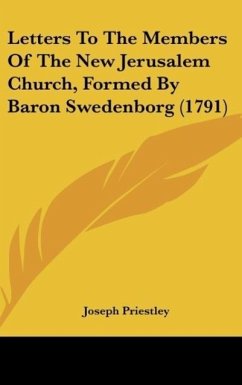
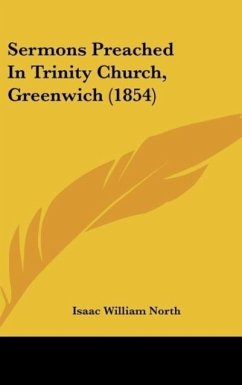

![A Discourse on the Law of Retaliation [microform]: Delivered in the New Brick Church, February 6, 1814 A Discourse on the Law of Retaliation [microform]: Delivered in the New Brick Church, February 6, 1814](https://bilder.buecher.de/produkte/68/68735/68735331m.jpg)
